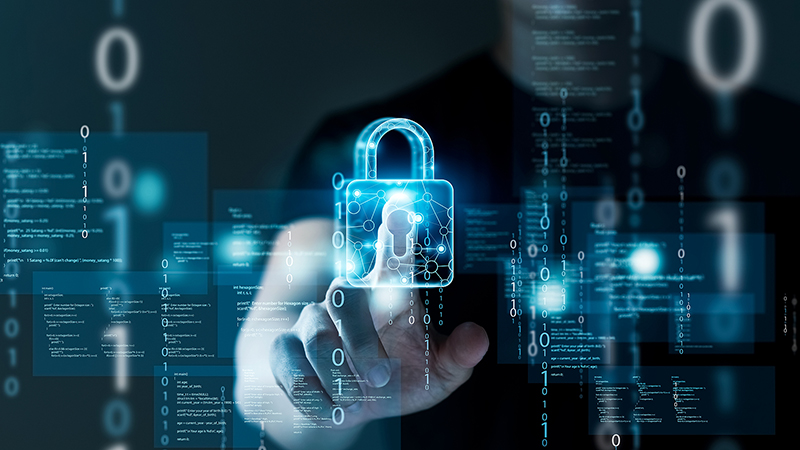News
Johns Hopkins APL Hosts Workshop to Train Tomorrow’s Cyber Defenders
This summer, 30 high school students will gather at the Johns Hopkins Applied Physics Laboratory (APL) in Laurel, Maryland, for the High School Cybersecurity Workshop, a two-week program offering a hands-on opportunity to discover, exploit and patch computer vulnerabilities.
For many students, including Dennis Henderson, the workshop will be their first foray into cybersecurity. Although Henderson has no prior experience with the subject, he is intrigued by the chance to learn something new and relevant to daily life.
“We live in an increasingly technological world, and cybersecurity is an important defense against some malicious uses of such technology,” said Henderson, a freshman at Howard High School in Ellicott City. “Even if I don’t end up using it frequently, I think it is probably beneficial to have some degree of understanding of it.”
The workshop material, which covers topics such as basic networking, intrusion detection and system hardening, was developed with students like Henderson in mind.
“Some of the material is complex,” said Charles Frick, founder of the workshop and a cybersecurity analyst and project manager in APL’s Asymmetric Operations Sector. “We designed all the lessons to be from the perspective of someone who’s never done any of this type of work.”
One of the more popular lessons discusses the ethics and consequences of hacking. This subject, according to Frick, is not often covered by other cybersecurity programs, even though skills like password cracking and account recovery can prove to be a vital asset for information technology, law enforcement and forensics.
“Too many kids get themselves in serious trouble by just looking up these concepts online and experimenting on systems across the internet,” Frick explained. “I want them to learn how to be responsible and safe with these skill sets so that they have productive lives within the information security community.”
Since it began in 2014, the annual workshop has provided cyber defense training to more than 300 high school students. It is offered at a low cost, typically $15; however, this year it is free. The 2022 program fees are being covered by APL’s STEM Program Management Office and additional donors.
Frick’s experience as a volunteer at the 2011 Mid-Atlantic Collegiate Cyber Defense Competition was the catalyst for creating an accessible and affordable cybersecurity workshop for high school students. While impressed by the level of skill of the students in the competition, Frick observed that they struggled to defend against a Red Team comprising some of the best ethical hackers in the region.
“As I spoke with the students, I learned that many had received their first cyber class in their junior year of college,” he recalled. “In my opinion, that is far too late to see this material for the first time.”
Wanting to devote more time as a volunteer, but unable to locate other high school cybersecurity programs, Frick worked with the STEM Program Management Office and other APL staff members to develop a program tailored toward high school students. Over the years, the workshop has garnered additional support and recognition from the National Institute of Standards and Technology, the National CyberWatch Center and Howard County Public Schools. In 2020, the High School Cybersecurity Workshop was formally established as a 501(c)(3) nonprofit organization.
Frick ultimately hopes that earlier exposure to cybersecurity will spur students to pursue further training and education in the field. There are nearly 600,000 cybersecurity job openings in the United States, according to data compiled by CyberSeek, with demand for these roles expected to increase over the next five years. More work remains, but the workshop has already had a positive impact on preparing the next generation of cyber defenders. Many workshop graduates have chosen to pursue degrees in the cybersecurity field, and some have even returned to APL as college interns.
“Doing our part to help our nation’s students meets a critical strategic need for all of society,” Frick said. “It is the type of critical contribution to a critical challenge that APL is known for.”
Those interested in volunteering to support the High School Cybersecurity Workshop should contact applications@hscybersecurity.org. The workshop curriculum is also available for free to all educators or other individuals interested in running a similar program.
